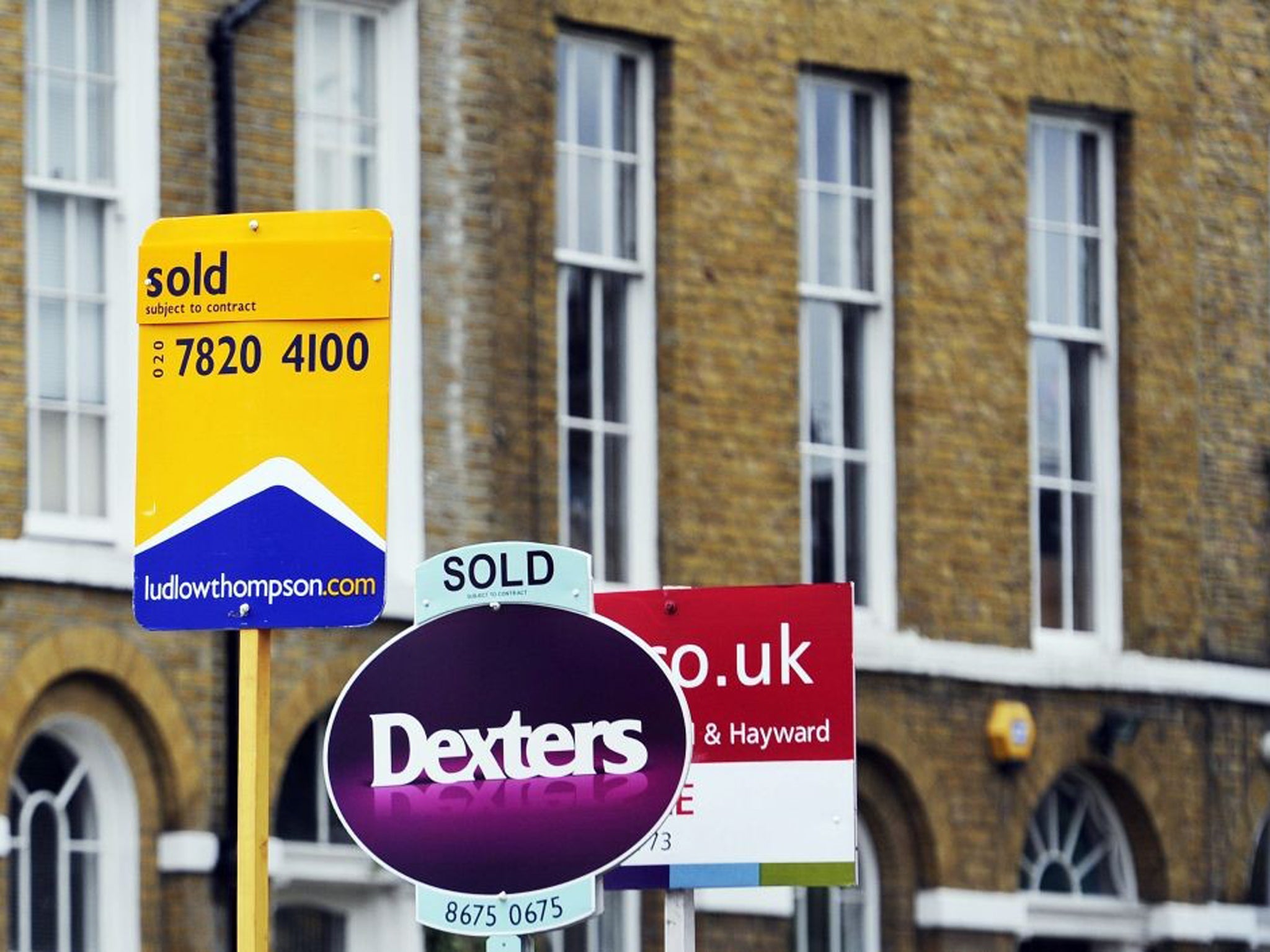Renters’ rights are finally being debated on a national level – but will political leaders listen?
Even before the pandemic, reports suggested one third of private tenants struggled to pay their rent and 4 million people in rented accommodation were estimated to be living below the poverty line


Your support helps us to tell the story
From reproductive rights to climate change to Big Tech, The Independent is on the ground when the story is developing. Whether it's investigating the financials of Elon Musk's pro-Trump PAC or producing our latest documentary, 'The A Word', which shines a light on the American women fighting for reproductive rights, we know how important it is to parse out the facts from the messaging.
At such a critical moment in US history, we need reporters on the ground. Your donation allows us to keep sending journalists to speak to both sides of the story.
The Independent is trusted by Americans across the entire political spectrum. And unlike many other quality news outlets, we choose not to lock Americans out of our reporting and analysis with paywalls. We believe quality journalism should be available to everyone, paid for by those who can afford it.
Your support makes all the difference.If you were one of the 13 million people in the five million households paying 40 per cent of monthly income to private landlords who could evict your family at short notice, without even having to give a reason, you may well have felt insecure. And that was before the pandemic.
Insecurity of tenure has been baked into the UK’s private rental market since the 1988 Housing Act granted landlords automatic rights of possession without grounds. The now notorious section 21 has been one of the major causes of homelessness in the UK for decades.
Dan Wilson Craw, deputy director of the campaign group Generation Rent, explains how that legislation effectively deregulated the housing market and incentivised a “new generation of amateur landlords” who had an astute eye for short-term returns and “little interest in providing long-term housing”. Generation Rent is lobbying hard for a national register so that landlords would have “to meet certain standards before being allowed to rent out homes.”
Craw welcomes the current government’s manifesto commitment to scrap section 21 “no fault” evictions and keenly awaits the detail of the Renters Reform Bill that he hopes will finally provide peace of mind to some of the nation’s most vulnerable households. He hopes it will ease the housing insecurity that has been linked to steep rises in anxiety and depression in renters but thinks “it will do little to address affordability issues.”
Even before the pandemic, reports suggested that one third of private tenants struggled to pay their rent and 4 million people in rented accommodation were estimated to be living below the poverty line. Craw fears the figure is likely to be much higher than that now, given that more than half of private tenants with children are relying on housing benefit or universal credit to cover their rental costs.
Although the government has moved to protect renters from eviction until March, Craw remains apprehensive about the future and is watching the lead up to London’s mayoral elections in May with interest.
Renters’ rights are likely to dominate, and the battle lines drawn by current Labour mayor Sadiq Khan and Tory candidate Shaun Bailey will probably foreshadow and shape a long overdue national debate on housing policy. Khan has been persuaded by the case for rent stabilisation measures to ease the affordability crisis.
Meaningful rent stabilisation measures would need to protect tenants in agreements where rent rises cannot exceed the rate of wage inflation over a fixed term. In contrast, Bailey dislikes rent controls both in principle and in practice. He thinks they’ll cause landlords to disinvest, shrinking the rental sector, which will lead to renters chasing fewer properties, driving up rents and creating even more hardship.
But similar arguments have been used to protect landlords and preserve section 21 for decades. It’s a well-worn line trotted out by economists who dislike “price fixing” market interventions in general and rent controls in particular because they believe that by cheating real market values you simply displace problems and end up doing more harm than good in the long run.
Sadiq Khan is right to regard it as a disingenuous argument. With enough political will and careful thought around implementation, rents could be stabilised in a way that balances the needs of tenants without disincentivising responsible landlords.
The non-intervention argument also seems especially disingenuous at a time when central government has mobilised all of its apparatus to support the property market and “fix” house prices at their current gravity-defying levels by suspending stamp duty at an estimated £3.8bn cost to the treasury.
Craw thinks “it’s a policy that won’t be forgiven” by renters and frustrated first-time buyers because it’s seen as an enormous subsidy paid directly into the pockets of pre-existing homeowners. When it comes to propping up homeowners, the government has shown it’s prepared to intervene before breakfast, dinner and tea, so continuing to leave renters at the mercy of free market forces is likely to be an untenable argument as Shaun Bailey may well discover in May.
Rent stabilisation measures and affordable social housing programmes are standard practice in many economies where affordable homes are regarded as a fundamental human right that’s far too important to be left to the market. The UK deserves a coherent housing policy and that can only come from political leadership, because the private renting sector has shown time and time again that the unregulated market knows no morality.




Join our commenting forum
Join thought-provoking conversations, follow other Independent readers and see their replies
Comments